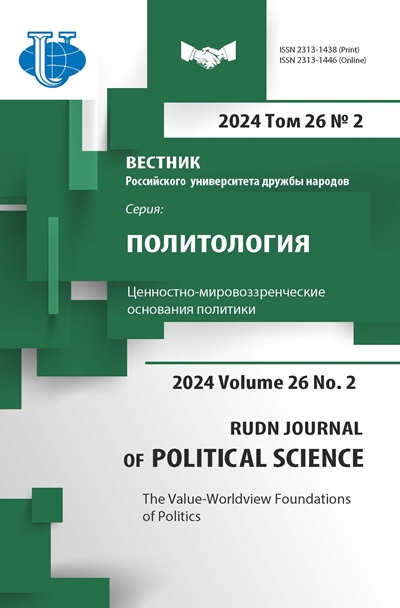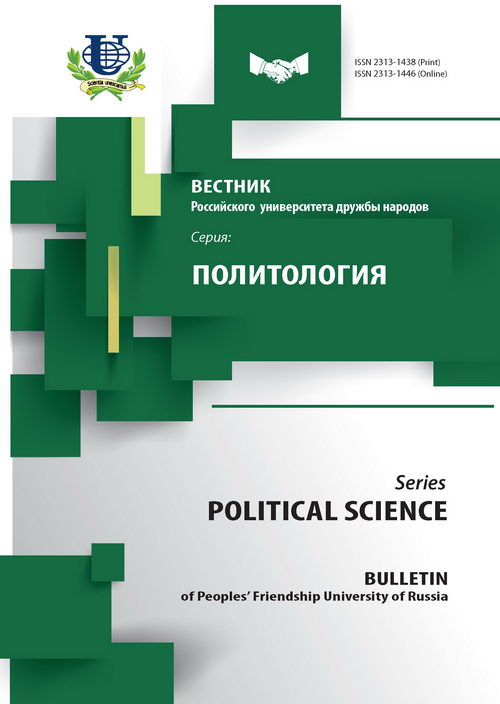Political Significance of Islamic Fundamentalism in the Postmodern Era
- Authors: Pochta Y.M1, Oberemko TV1
-
Affiliations:
- Peoples’ Friendship University of Russia
- Issue: No 1 (2014)
- Pages: 5-19
- Section: ARTICLES and REVIEWS
- URL: https://journals.rudn.ru/political-science/article/view/8991
Cite item
Full Text
Abstract
The article discusses the political significance of Islamic fundamentalism in the context of the crisis of the modern globalized society in which elements of premodern, modern and postmodern societies coexist. Therefore, it is proved in the article, a widely used approach to the explanation of Islamic fundamentalism from the standpoint of the modern science needs to be supplemented by an approach based on postmodern concepts. In the Western society, there is the process of formation of a new post-secular sociality (transition from modern to unfinished postmodern), but most (non-Western) part of humanity has no direct relation to these processes. The population of these non-Western societies, as well as some social strata of the West, seeing the challenges of contemporaneity as a threat to their existence, seek refuge in conservatism and traditionalism. One expression of this rejection is the Islamic fundamentalism.
About the authors
Yu M Pochta
Peoples’ Friendship University of Russia
Email: yuriy_us@hotmail.com
The Department of Comparative Politics
T V Oberemko
Peoples’ Friendship University of Russia
Email: timo_rudn@pochta.ru
The Department of History and Theory of International Relations
References
















